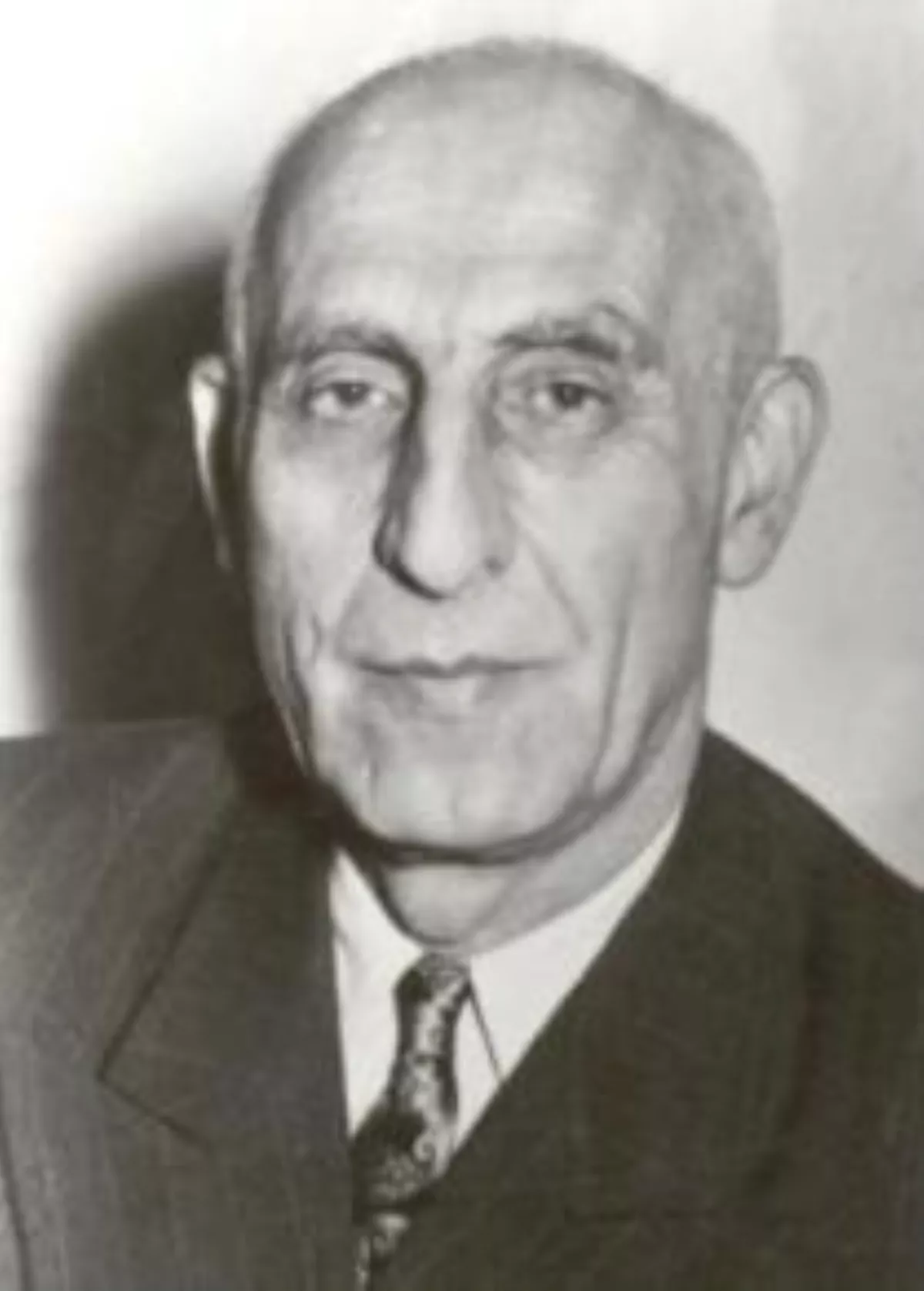 1.
1. Mohammad Mosaddegh was a member of the Iranian parliament from 1923, and served through a contentious 1952 election into the 17th Iranian Majlis, until his government was overthrown in the 1953 Iranian coup d'etat aided by the intelligence agencies of the United Kingdom and the United States, led by Kermit Roosevelt Jr.